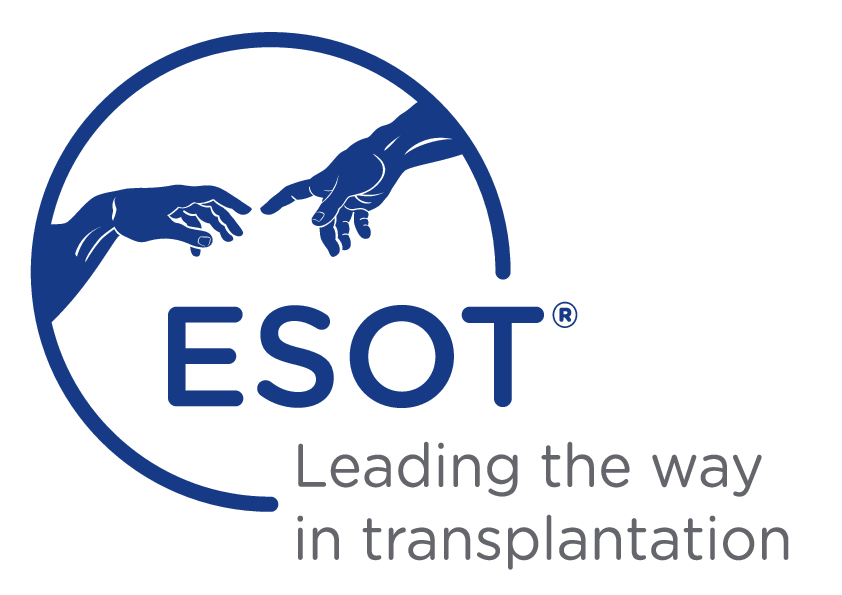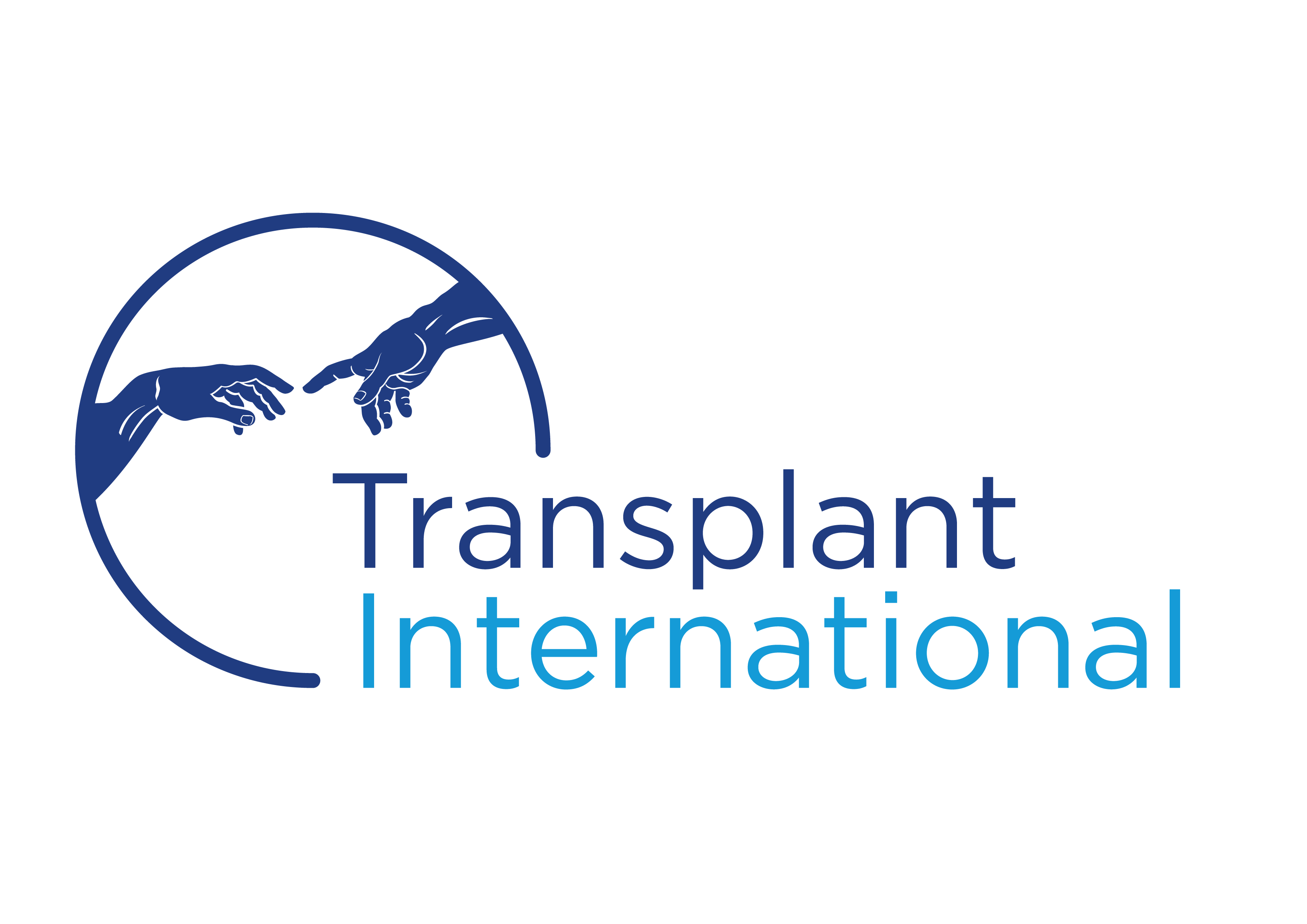
Transplantation of organs: Giving a new life, getting a new Life
Collection Editors
Thierry Berney, Maarten Naesens, Jelena StojanovicViews
513 viewsParticipating Sections
Abstract Submission Deadline
27.02.2024
Submission Deadline
31.08.2024
About this collection


Organ transplantation was one of the major breakthroughs in medical and surgical sciences of the 20th century. Doctors can now replace kidney, livers, hearts, lungs, and pancreases in patients in whom these organs have failed. Since the first successful organ transplants in the 1950s, the transplant community has improved the surgical techniques and learned to better control organ rejection thanks to powerful new immunosuppressive medications and a better understanding of the mechanisms involved.
Unfortunately, there are not enough organ donors to allow all patients in need of new organs to receive transplants. To address this problem, living donors can help their relatives by giving them a kidney or a part of the liver, for example. Additionally, significant technological advances now allow the reconditioning of donated organs that are of suboptimal quality.
For the future, the fields of regenerative medicine (stem cells) and xenotransplantation (transplantation of animal organs or tissues) promise to further increase the possibilities for replacing failing organs.
Today, all the major life-sustaining organs can be transplanted safely and efficiently. Despite these achievements, organ transplantation is still considered to be a somewhat experimental or even “magical” therapy. The goal of this collection is to introduce young readers to the important aspects of organ transplantation and to answer their questions about the process. In our experience, children and teenagers show a particular interest in this field and are open to new advances.
In this Collection, organ transplantation experts will describe the significant advances made in the field of transplantation medicine over the past few decades.
These articles will explain which organs can be transplanted, which diseases can be treated by transplantation, and how organ transplantation is performed. The Collection will cover diseases affecting children and teenagers that may lead to the need for an organ transplant early in life.
The Collection will also explain how the immune system works and why people who receive transplants tend to reject the transplanted organs. Articles will describe how doctors and scientists have learned to detect rejection early enough to treat it, and how anti-rejection drugs work by controlling the immune system.
All the topics discussed in this Collection are designed for kids interested in understanding this fascinating and constantly evolving domain of medicine!
Would you like to submit to this collection?
For researchers interested in submitting to this Collection, please consult our author guidelines and check that you have all the essentials included before submitting



